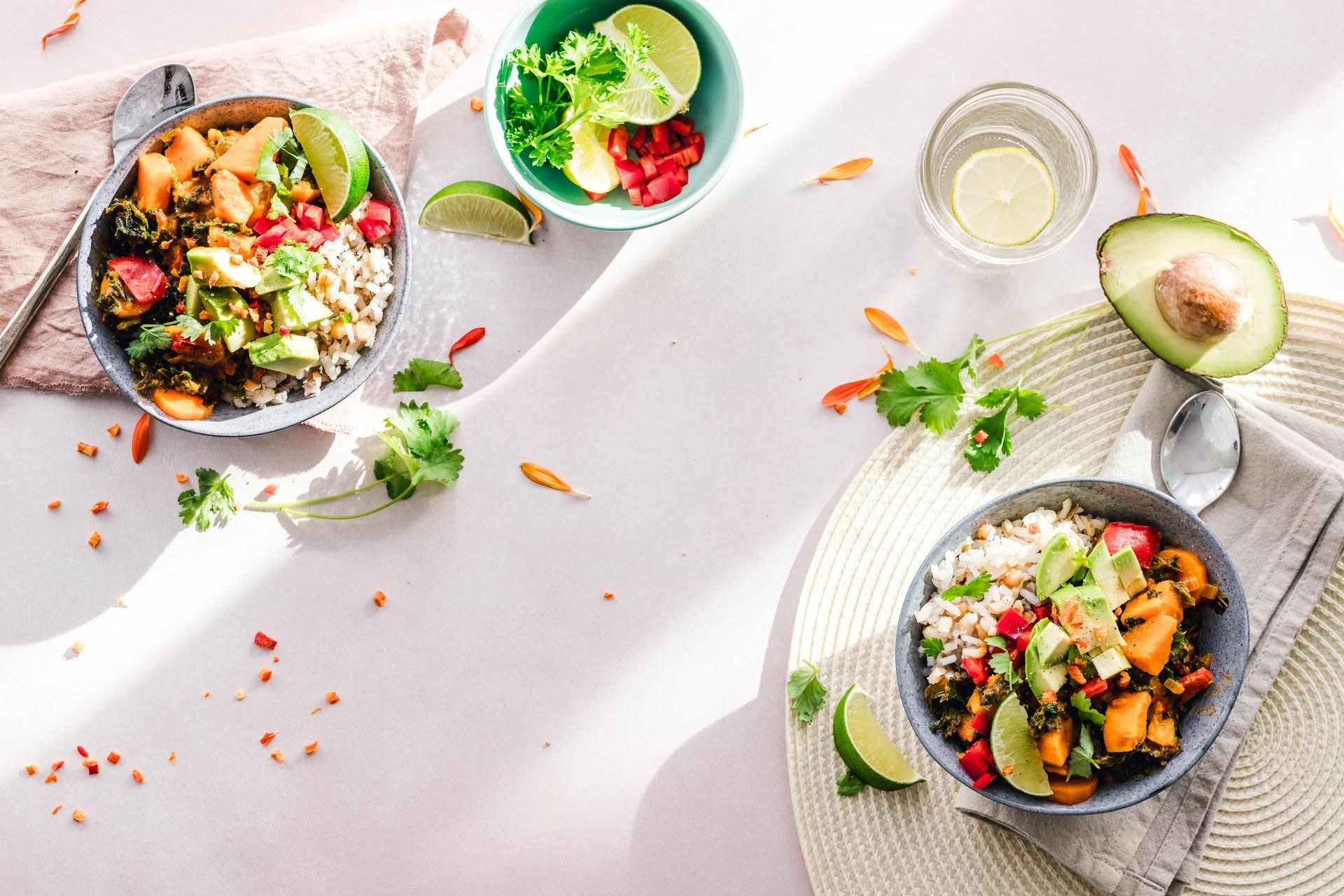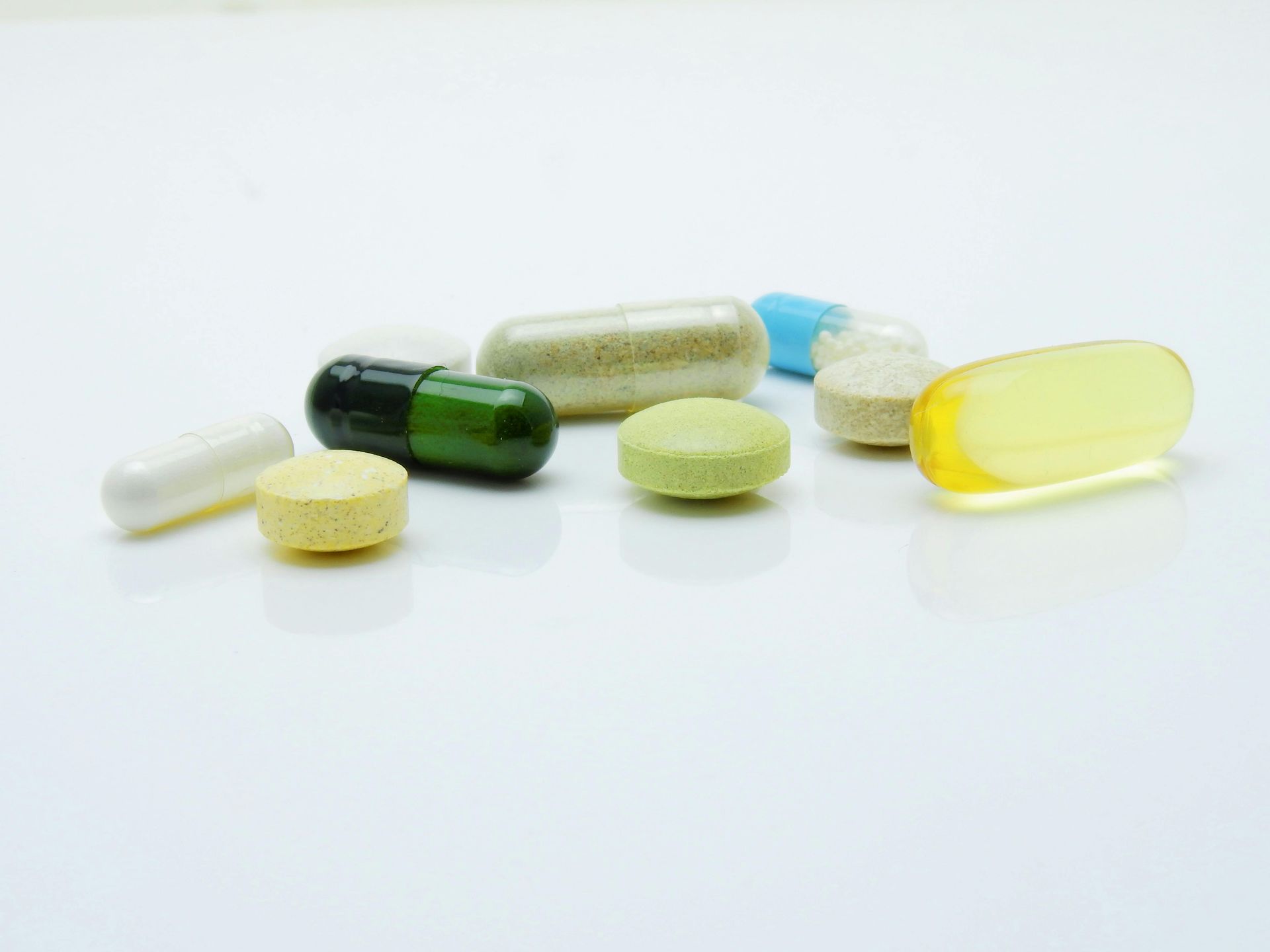Simplifying the Best Diet for Fertility

There seems to be so much information out there about diets and foods to consume and not consume while trying to conceive and during pregnancy. But what really is the best diet when it comes to fertility?
We know that food likely plays a role in fertility and our ability to conceive, but is there a specific diet per se, that will lead to pregnancy? Unfortunately, it’s not that simple, however the research does suggest that including specific food groups and foods, while eliminating others can increase chances of pregnancy.
One recent study* showed that couples undergoing IVF, in vitro fertilization, had almost three times the chance of a successful pregnancy when they closely adhered to the Mediterranean Diet, which is consists on a high intake of whole grains, nuts, seeds, fruits and vegetables and a low intake of red meat. Let’s dig deeper and look at specific foods to include in our daily diets to help improve overall fertility.
- Berries: strawberries, blueberries, raspberries and blackberries are filled with antioxidants that limit inflammation in the body as well as protect our cells from aging and environmental damage. Cruciferous Vegetables: broccoli, cauliflower, cabbage, Brussels sprouts, collards, kale, kohlrabi, mustard greens, turnip greens, turnips and rutabaga. These vegetables contain a compound called indole-3-carbinol that regulates estrogen metabolism and helps convert “bad estrogens�? into good ones.Healthy Fats: The fats we eat play a very important role in fertility. They are incorporated into our cell membranes (think egg and sperm) and make up the backbone of many important molecules in our body. Monounsaturated fats help to lower levels of harmful LDL cholesterol and are found in olive oil, avocado and most nuts. Omega-3 fats are key to lowering the level of inflammation in our body and are found in fatty fish, dark leafy vegetables, walnuts, chia and flax seeds. Beans/Lentils: Besides being a good source of protein, beans and lentils contain soluble fiber, which helps bind excess hormones and remove them from the body.Whole Grains: Whole grains are a rich source of fiber and B-vitamins. B-vitamins are crucial for optimal egg development and ovulation. Lean Protein: Choose lean proteins like organic chicken, turkey, grass-fed red meats, and organically raised eggs.
To learn more about specific foods and food groups to include in a fertility-friendly diet and improve your overall nutrition; schedule a nutrition consult online here or call us to learn more at: 312-321-0004 today!
*https://www.ncbi.nlm.nih.gov/pubmed/29390148




